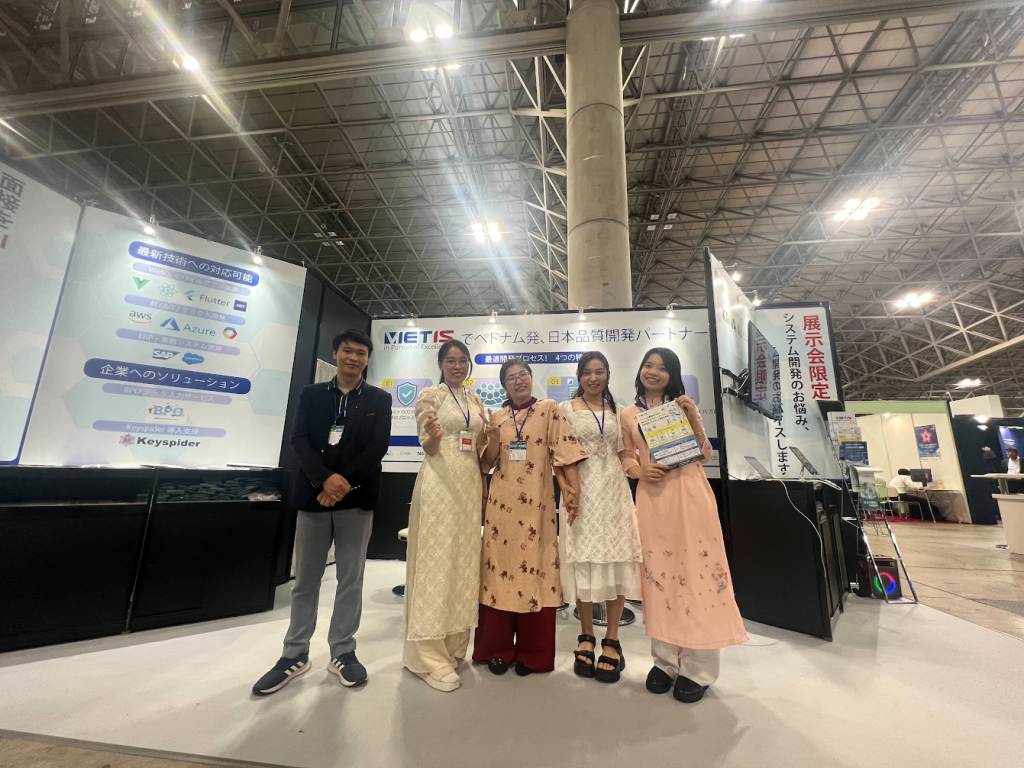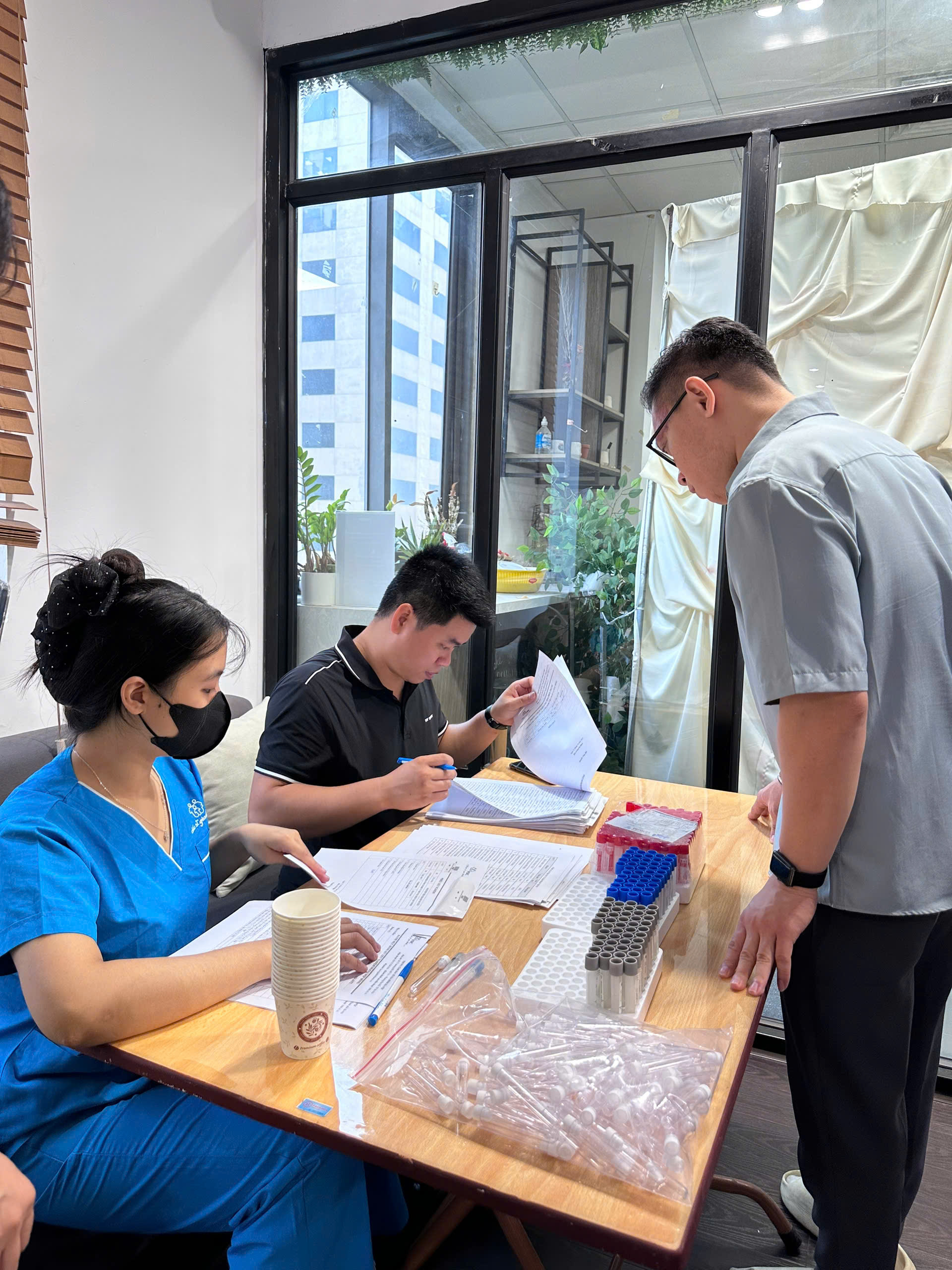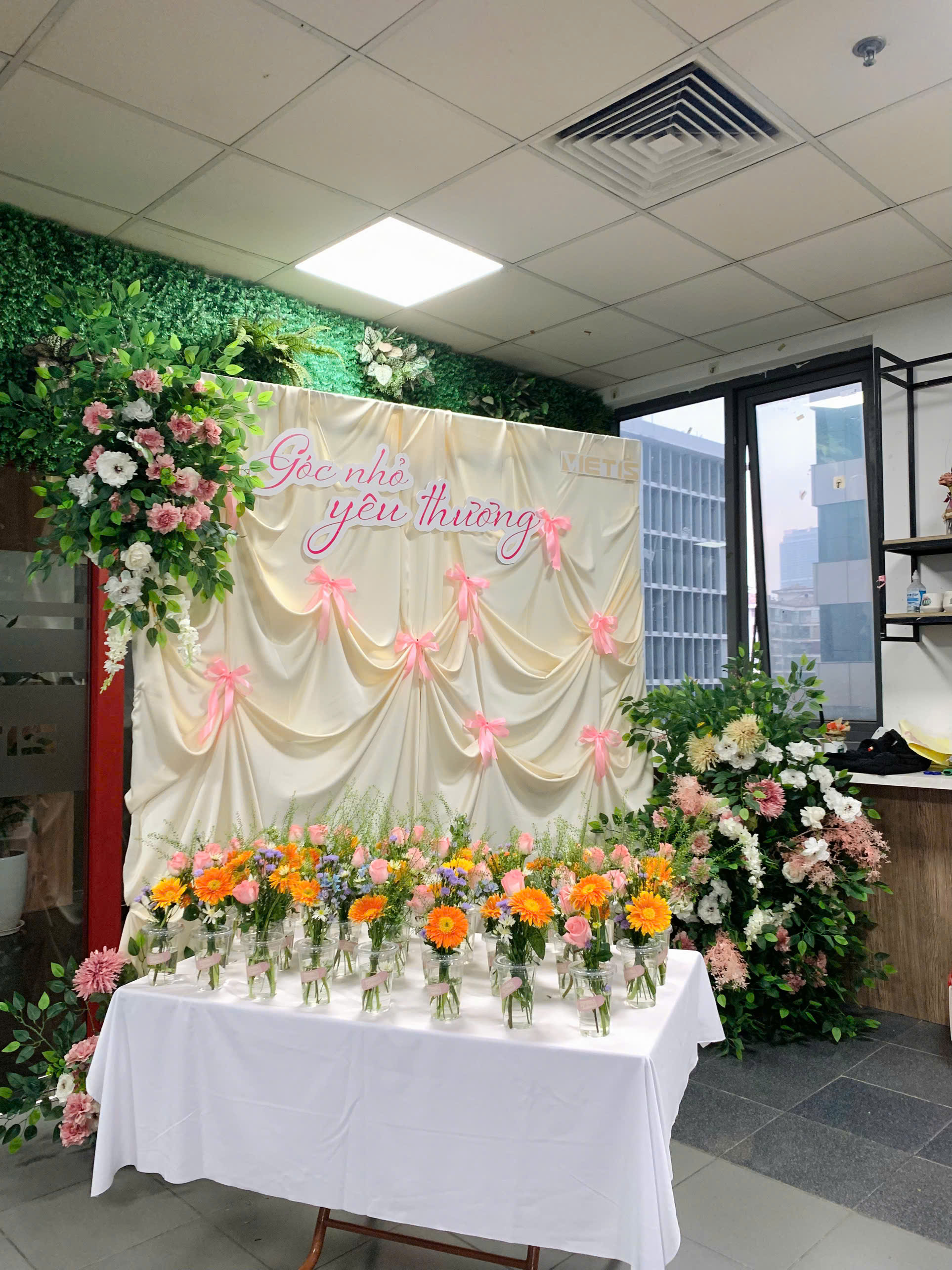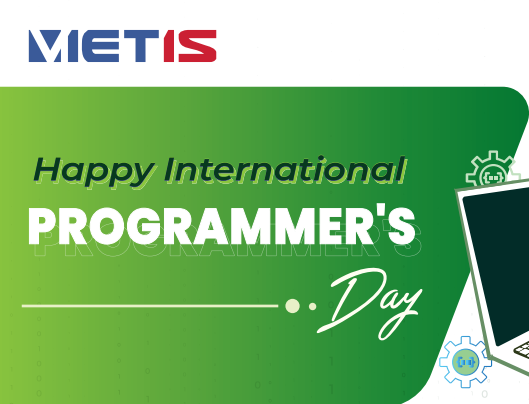“Working in Japan has been a truly exciting yet challenging experience for me, a BrSE from VietIS.
The journey began long before my flight – from waiting for my COE and visa results to booking my
ticket – all with the dedicated support of my company. But it wasn’t until I landed at a Japanese
airport that I truly felt my new chapter had begun.
The first impression? Countless procedures to complete before settling in: registering my residence,
getting a residence card, opening a bank account, and buying a SIM card. Everything in Japan
follows strict procedures, and although I was initially overwhelmed, I gradually adapted thanks to the
support of my colleagues and helpful tips from senior VietISers.

Living in Japan came with a bit of culture shock. Trains run precisely on time, everyone queues in
order, and silence is expected in public spaces. I had to learn how to sort trash properly, keep my
living space tidy, and most importantly, adjust to the solitude that comes with mostly remote work.
What I value most is the professional, transparent, and humane working environment. I receive
regular bonuses, housing support, flight tickets home, and – above all – countless opportunities to
grow both professionally and personally through direct client interactions and the warm support of
my team. Every workday here isn’t just a task – it’s a chance to learn, grow, and become more
independent.“
I. Finding a Place to Live in Japan
Searching for housing in Japan can be challenging due to several factors:
+ Rental Restrictions for Foreigners
Many landlords don’t rent to foreigners without a local guarantor. You often need to be in
Japan to sign the lease, and the screening process (shinsa) may take 1–2 weeks.
+ High Initial Costs
Move-in costs are typically 3–4 times the monthly rent. These include a deposit, reikin (a
non-refundable “thank you” payment to the landlord), agency fees, and management fees.
+ Housing Options:
1) Apartment / Mansion
Private unit with its own kitchen, bathroom, and toilet.
Basic furnishings are not included. Utilities (gas, water, internet) must be registered
individually.
High upfront cost (approx. 4 months’ rent). Long-term contracts (usually 2 years).
2) Sharehouse
Private bedroom in a shared house with communal kitchen and bathroom.
Fully furnished and ready to move in – just bring your luggage.
Lower initial cost (around 1.5–2 months’ rent). Shorter contract periods.
+ Housing Tips for Newcomers in Japan
Here are some helpful tips to make your housing search in Japan smoother:
+ Planning to Rent an Apartment/Mansion?
It’s best to stay with a friend in Japan for the first few weeks while searching. Also, be financially
prepared — initial move-in fees can cost up to 4 months’ worth of rent.
+ Starting with a Sharehouse
If you don’t have a place to stay upon arrival, a sharehouse is a great temporary solution.
Contracts usually range from 3 months to 1 year. Some sharehouses allow remote applications
from Vietnam and are ready to move into upon arrival.
+ Language Support
If your Japanese is limited, consider using Vietnamese real estate agencies in Japan. They often
provide support in Vietnamese and may also help negotiate lower move-in costs.
+ Choose a Convenient Location
Try to find accommodation close to a train station to make commuting easier. If the place is far
from the station, you may need to buy a bicycle to travel to the nearest one.
+ Documents for Reimbursement
When signing a lease and paying rent, make sure to request official receipts and
documentation from the real estate agency.
VietIS currently supports part of the monthly rent and move-in costs up to ¥150,000 (as per
company policy).

II. Settling into Life in Japan
2.1 Transportation
+ The main public transportation in Japan is the train, along with buses and taxis. It’s essential to use apps
like Google Maps or Navitime to check routes, train times, and fares.
+ During rush hours (7:00–9:00 AM and 5:00–7:00 PM), be prepared for extremely crowded trains — a
true cultural experience!
There are two main payment methods for train travel:
- Regular Tickets: Purchased at ticket machines by entering the destination station. (Less
commonly used) - IC Cards (Suica/Pasmo): Easily created at ticket machines and can be topped up with credit for
convenient tap-and-go travel.
2.2 Shopping
+ The Vietnamese community in Japan is large, especially around Tokyo and nearby areas, so
Vietnamese grocery stores are widely available and offer familiar produce like plums, jackfruit,
lychee, etc.
+ Daily shopping is very convenient with convenience stores (konbini), supermarkets, and
drugstores found almost everywhere.
+ Household goods can be purchased from 100-yen shops, IKEA, Nitori, or Don Quijote. For
budget-friendly options, second-hand stores are also a great choice.
+ Online shopping is very common via platforms like Amazon, Rakuten, Qoo10, and Yahoo
Shopping.
+ Payment methods:
o Most common: Cash
o Also accepted: QR code payments via apps like PayPay, IC cards (Suica/Pasmo), and
credit cards (e.g. Visa).
o Note: Bank transfers (like in Vietnam) are rarely used for shopping.
2.3 Etiquette Tips
+ Queuing: Always queue in an orderly line when waiting for trains, buses, elevators, food, etc. On
escalators, stand on one side.
+ Silence in Public: Keep quiet on public transport — avoid talking loudly or taking calls. At
home, avoid loud music or noise, as neighbors may report disturbances to the police.
+ No Eating on Public Transport: Except on Shinkansen or long-distance trains with designated
eating areas.
+ Garbage Disposal:
o Public trash bins are rare (mainly found in convenience stores), so be prepared to take
your trash home.
o Garbage must be sorted according to category, disposed of in designated trash bags, and
thrown out on specific collection days.
o For large items like furniture or electronics, you must pay an additional disposal fee.
So, shop wisely — excessive purchases may result in high disposal costs later!
Relocating to Japan is never easy. But with careful preparation, strong company support, and a
willingness to learn, I’ve gradually adapted to this new life and am proud to carry the VietIS spirit with
me in Japan.
— Van Anh, VietIS Solution – Tokyo










